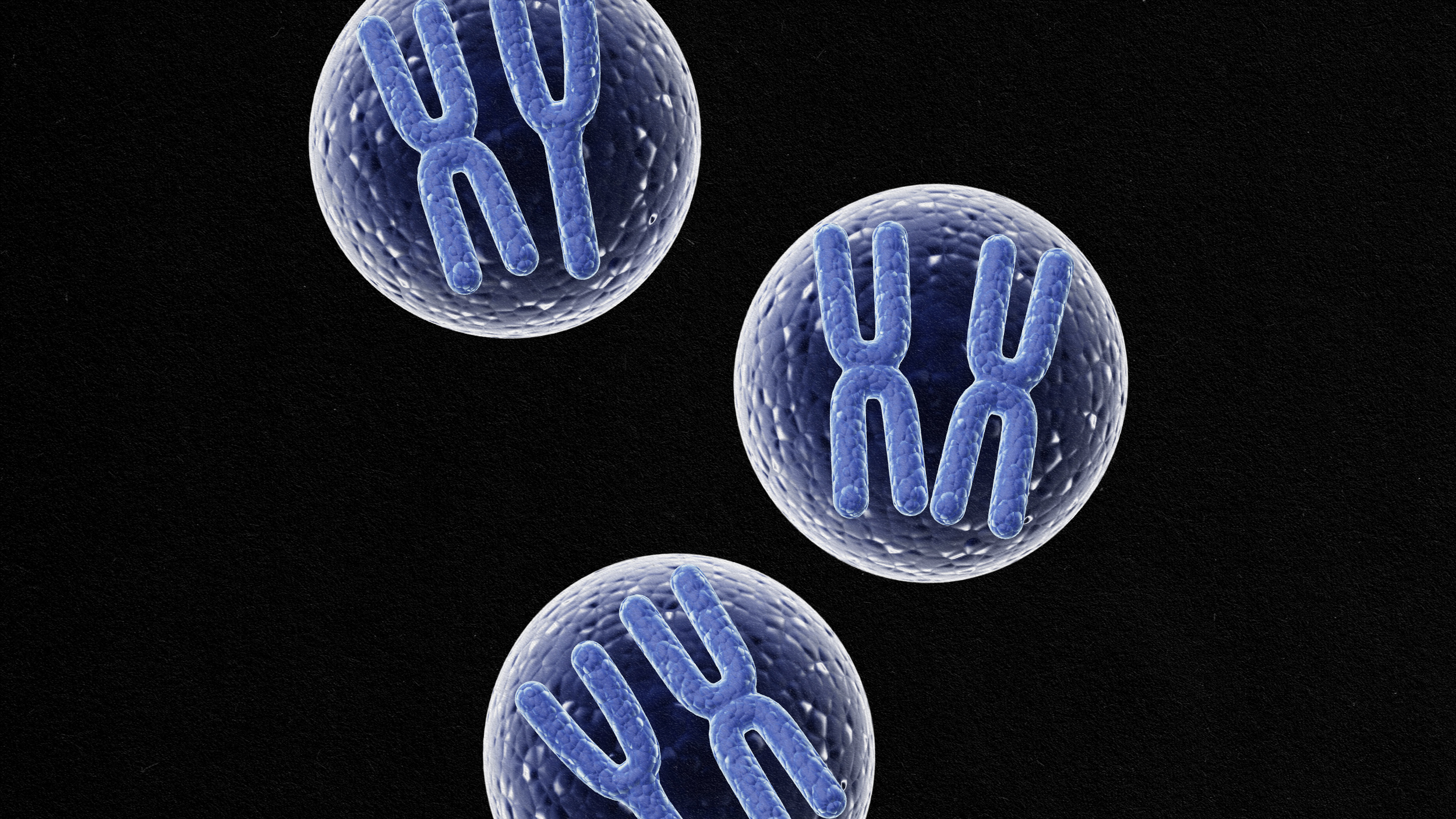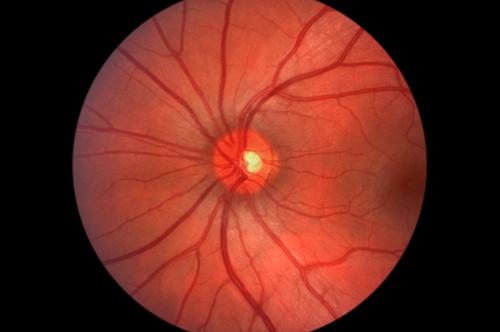Are Older Siblings Bad for Your Health?

What’s the Latest Development?
New analyses of population data from 19th century Finland reveals that having older siblings exerts both a positive and negative influence on life, depending on the age at which they influence you. In youth, the effect of having an older brother is positive. Having an older sister, however, is only positive if you are her younger brother. “The fact that elder brothers had a positive effect on both younger sisters and brothers, whereas elder sisters only had a positive effect on brothers could be due to differential sex roles, which could imply either sex-specific helping behaviour, or sex-specific competition, or both.”
What’s the Big Idea?
If you find your older brother imposing now, be thankful you live in the modern era. Likely due to a stricter system of lineage, having an older male sibling once meant suffering later on, as family possessions were traditionally passed down to the first born male: “[I]ndividuals with same-sex older siblings had lower marriage rates, fewer children, and having children later in life. The researchers attribute much of this to the rules of primogeniture, where the eldest son inherited almost everything.” Over the course of a lifetime, “fitness was reduced by same-sex elder siblings’ presence and increased by opposite-sex elder siblings’ presence.”
Photo credit: Shutterstock.com





